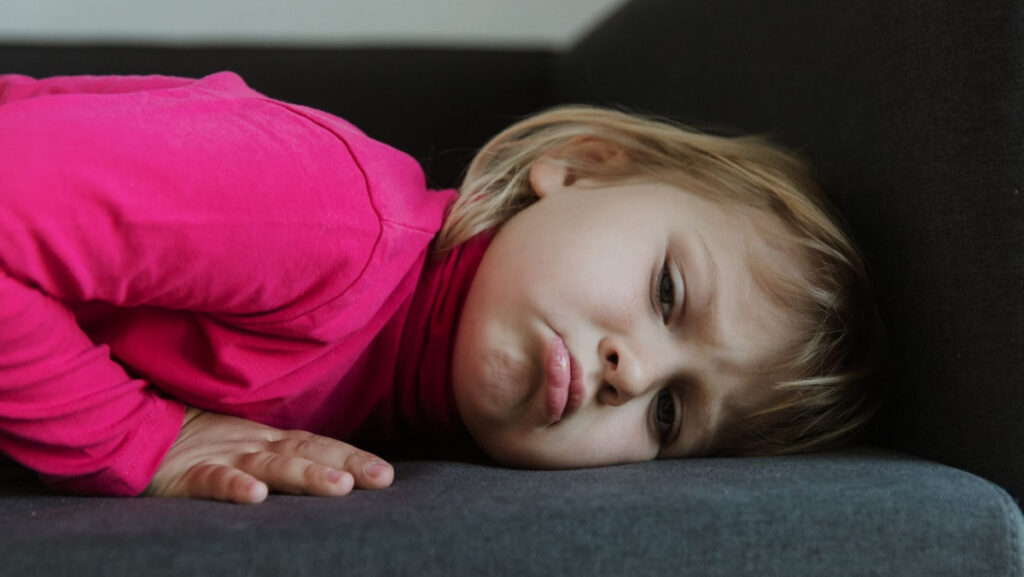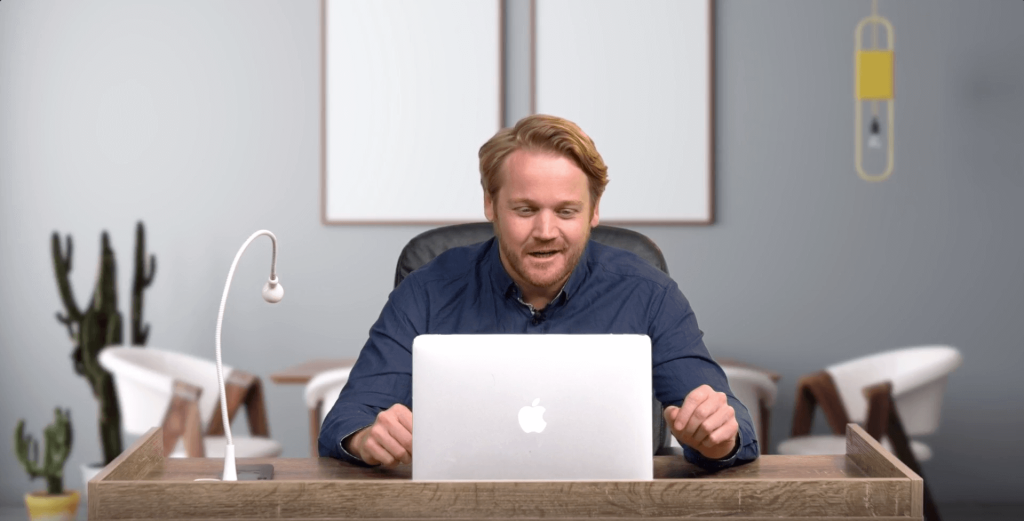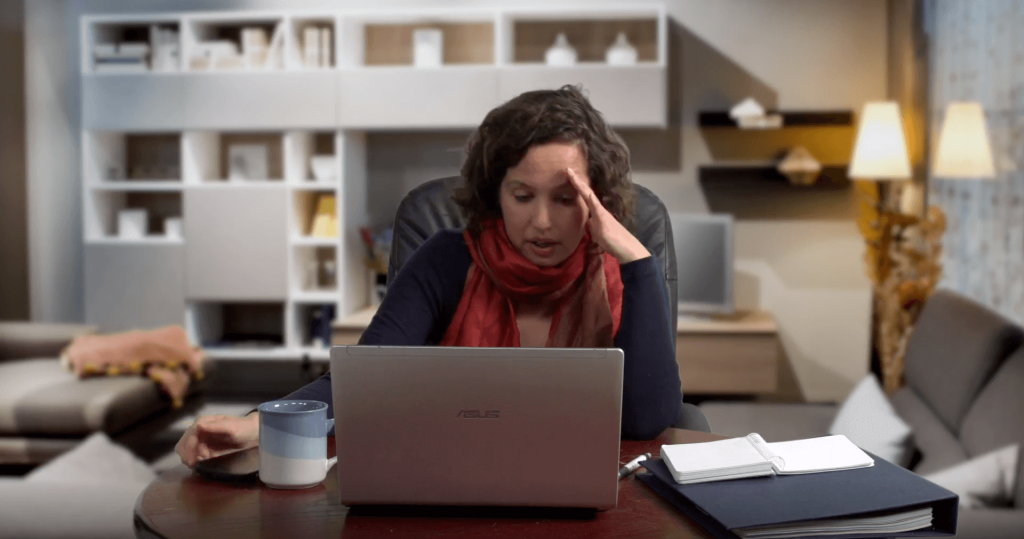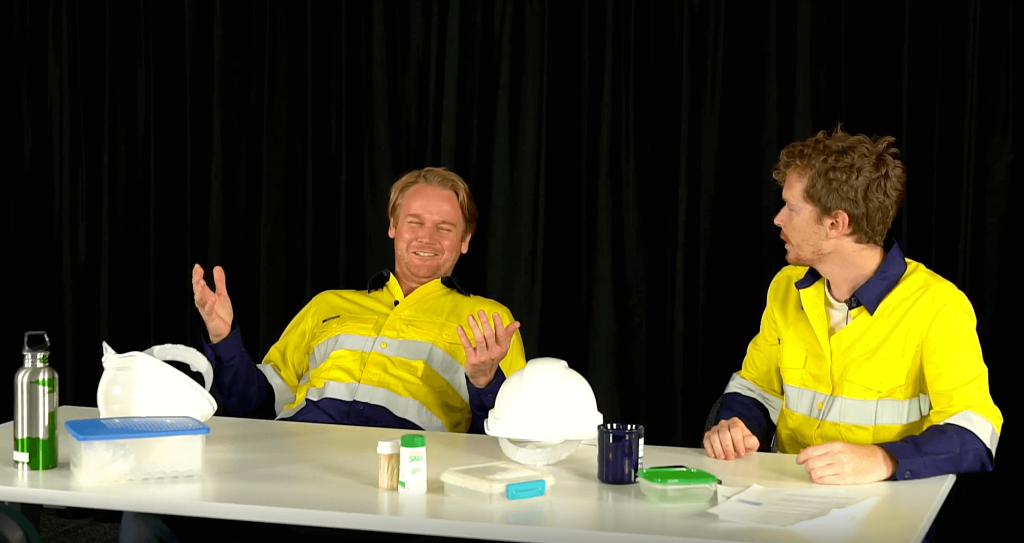What’s the Cause?
Recent studies around the world have shown that mental illness is becoming an increasing threat to our children’s happiness and overall wellbeing. According to Mental Health Foundation, approximately 1 in 8 children aged 5-19 years old now suffers from at least one mental health disorder such as anxiety, depression or ADHD.
This sharp increase… “was largely driven by an increase in emotional disorders (including anxiety and depression),” they added, “which for 5-15-year-olds rose from 3.9% in 2004 to 5.8% in 2017.”
If you’re a parent, you’d be right to be very concerned to hear this.
Naturally, we want the best for our children and the mere thought of them suffering from mental health issues can be a scary prospect. What’s worse is that it’s often very difficult to spot anxiety in children and harder still to pinpoint the cause.
To help you become better informed, we’ve rounded up the most common causes of anxiety in children and added a few of the warning signs to watch out for.
What are the causes of anxiety in children?
There are many factors which can trigger anxiety in children and often, there are several playing a part. Here are the most common.
Worrying about a specific incident or situation
Often, children’s anxiety is the result of something specific that they’re worried about. This can include a visit to the dentist, changes at home, moving home, doing exams at school, stories in the news, and so on.
It’s important to remember that children tend to be more vulnerable to worry; situations that don’t pose a problem to adults might feel like huge scary monsters to our kids. Growing up can be scary so be sure to provide your kids with the support they need and avoid placing too much pressure on them to perform.
Of course, facing scary things are important and help build up resilience. As biological psychiatrist Dennis Charney says “Exposing kids to controlled stressful experiences allows them to develop a ‘psychological toolkit’ of coping methods to draw upon in adulthood too.”
That doesn’t mean that you can’t help. Take time to listen to your children’s thoughts and feelings, tell them stories about brave figures (where appropriate), validate their feelings, provide encouragement and help them get through.
Experiencing trauma
Quite understandably, many children feel anxious after experiencing trauma such as the death of a family member, bullying at school, their parents getting divorced, physical abuse, emotional abuse or even hurtful comments.
Remember that, even though an event might not feel traumatic to you, it can have a huge impact on a child. Frequently, an offhand comment from a stranger that doesn’t seem like a big deal can be all it takes to provoke a trauma response in a younger person.
When these traumatic events happen, your child will do their best to make sense of it. However, they simply don’t have the life experience, insight and understanding that adults do and can often make sweeping judgements about the world and themselves as a result.
They might think that rejection by a parent means they’ll always be rejected. That the abuse they experienced was because there is something fundamentally wrong and they deserved it.
For obvious reasons, this kind of trauma often requires the help of a trained mental health professional to work through. Parents, family members and other trusted adults can also provide the understanding and unconditional support that these children need to heal.
A stressful environment
For optimal mental health, a child’s home should be a safe and calm place. It should provide a refuge from the outside world and somewhere they can relax, unwind and freely express themselves. However, there are times when children can’t enjoy this type of environment.
Perhaps the family had needed to move home frequently. Perhaps there is ongoing tension between the adults in the home. Perhaps a family member is suffering from chronic or even terminal illness.
Perhaps living conditions aren’t ideal for the child and the family is doing their best, given the circumstances. Even a cluttered or untidy home can have an impact on a child’s anxiety levels. With time outside considered vital to maintaining a healthy lifestyle, Mowers Online have said that ‘gardens have to be recognised for their skill at unburdening us psychologically and providing an important outlet for stress relief.’
As children’s furniture specialists, Little Lucy Willow explain; “It has been proven that visual clutter negatively impacts mood in a variety of ways, including increasing stress, anxiety, and depression. Maintaining a clutter-free space is, therefore, crucial to creating a positive and tranquil atmosphere”.
Their overall health and wellbeing
When it comes to mental health in children, physical health also plays a huge role.
Factors such as lack of sleep, a poor diet, a sedentary lifestyle, lack of fresh air and sunlight and a lack of emotional support can affect their mood, attitude, and happiness.
Thankfully it’s relatively easy to ensure that your children are as healthy as possible. Here are some tips:
– Develop a strong bedtime routine that includes a bedtime story, perhaps a bath, and a set routine that will help them feel calm and ready for sleep
– Eat together as a family and provide regular, nutritious meals. Include lots of fresh fruits and veggies and keep junk to a minimum.
– Set firm boundaries when it comes to devices. Encourage your kids to get outside for at least an hour per day.
– Make time every day to talk to your kids and discuss how they’re feeling. Provide the support they need to navigate the challenges of childhood.
What are the signs of anxiety in children?
Children often don’t display the same signs of anxiety as adults do, which makes it harder to spot anxiety unless they tell you about it.
The problem is, they are often more reluctant to talk about how they’re feeling, they are unable to put their emotions into words or they just aren’t at a developmental stage where they can identify what they are feeling.
Having said that, there are other signs that we can watch out for to help us spot anxiety early and help take steps to tackle it before it gets worse.
Signs of anxiety in children can include;
– Tantrums and meltdowns
– Defiant behaviour
– Difficulty sleeping
– Stomach aches
– Headaches
– Crying
– Frustration
– Not eating properly
– Using the toilet frequently
– Tension and fidgeting
– Being clingy
-Finding it hard to concentrate
Anxiety in children can be caused by a variety of factors including worry about a particular
event, trauma, a cluttered or stressful environment and even sleep, diet and exercise.
Make sure you’re talking to your children about how they’re feeling and watch for the above signs of anxiety. If you have cause for concern, do reach out to a qualified mental health professional for help.
About the Author
Chloe Walker is a 20 something freelance writer, currently writing about topics relating to mental health and wellbeing. She first started writing about this subject after seeing the effects of social media on the younger generation and hopes that by writing about this topic it will help to diffuse the stigma based around it.
You can get in touch with Chloe via email on chloe.walker@harbourmail.co.uk






